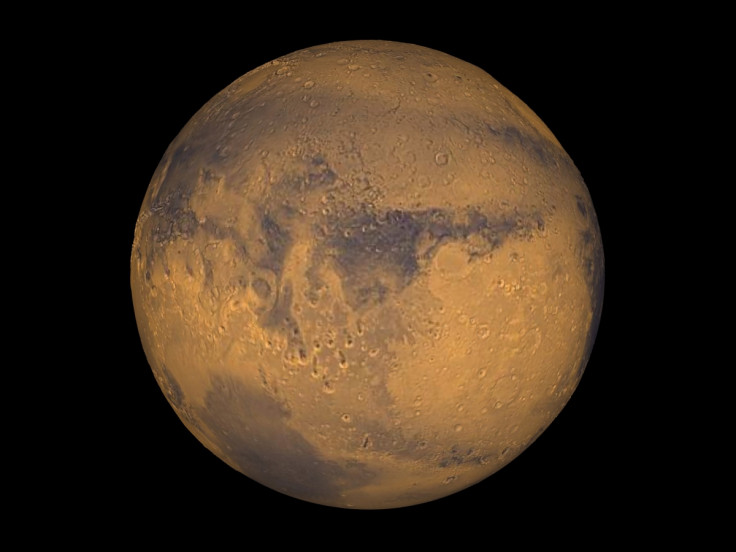Mars: Nasa planning to send humans to Red Planet 'in 2030s'

Nasa says it is looking into the possibility of sending humans to Mars in the "early 2030s" after revealing its strongest evidence to date for flowing liquid water on the surface of the planet. Fresh analysis of data from the US space agency's Mars Reconnaissance Orbiter (MRO) revealed features on Martian slopes that suggest briny liquid water flows intermittently on present-day Mars.
The finding has enormous significance as liquid water is considered to be a prerequisite for life to arise in alien worlds. Surface water as a resource could also assist in future manned missions to the Red Planet, with Nasa already conducting simulations and an isolation experiment on Earth to study the feasibility of any such undertaking.
In a Q&A session on Reddit, scientists involved in the MRO project said Nasa remained committed to sending humans to Mars in the near future. "Presently, Nasa is looking into the possibility of sending humans to the vicinity of Mars in the early 2030s," MRO project scientist Rich Zurek wrote. "In this scenario, the earliest humans to the surface would be in the late 2030s."
MRO longevity
Scientists also discussed the finding of flowing water on the Martian surface and credited MRO's longevity as a major factor in the discovery. The spacecraft was launched a decade ago and has been orbiting Mars since 2006.
"With MRO, we were able to observe a few of these sites at various points within the Mars year, and again the next year," MRO deputy project scientist Leslie Tamppari wrote. "Over time, we saw that the streaks darkened and lengthened during the warm season and faded during the cold season. "A benefit of having MRO lasting so long is that we're able to see changes and patterns over time."

Meanwhile, Stephanie Smith from Nasa's Jet Propulsion Laboratory (JPL) stressed any discovery of life on Mars would be announced "very quickly" to the public. "If one of our missions here at JPL detected life, we'd notify Nasa headquarters immediately, who would then follow procedures to notify the US government and the public," she said.
© Copyright IBTimes 2025. All rights reserved.






















